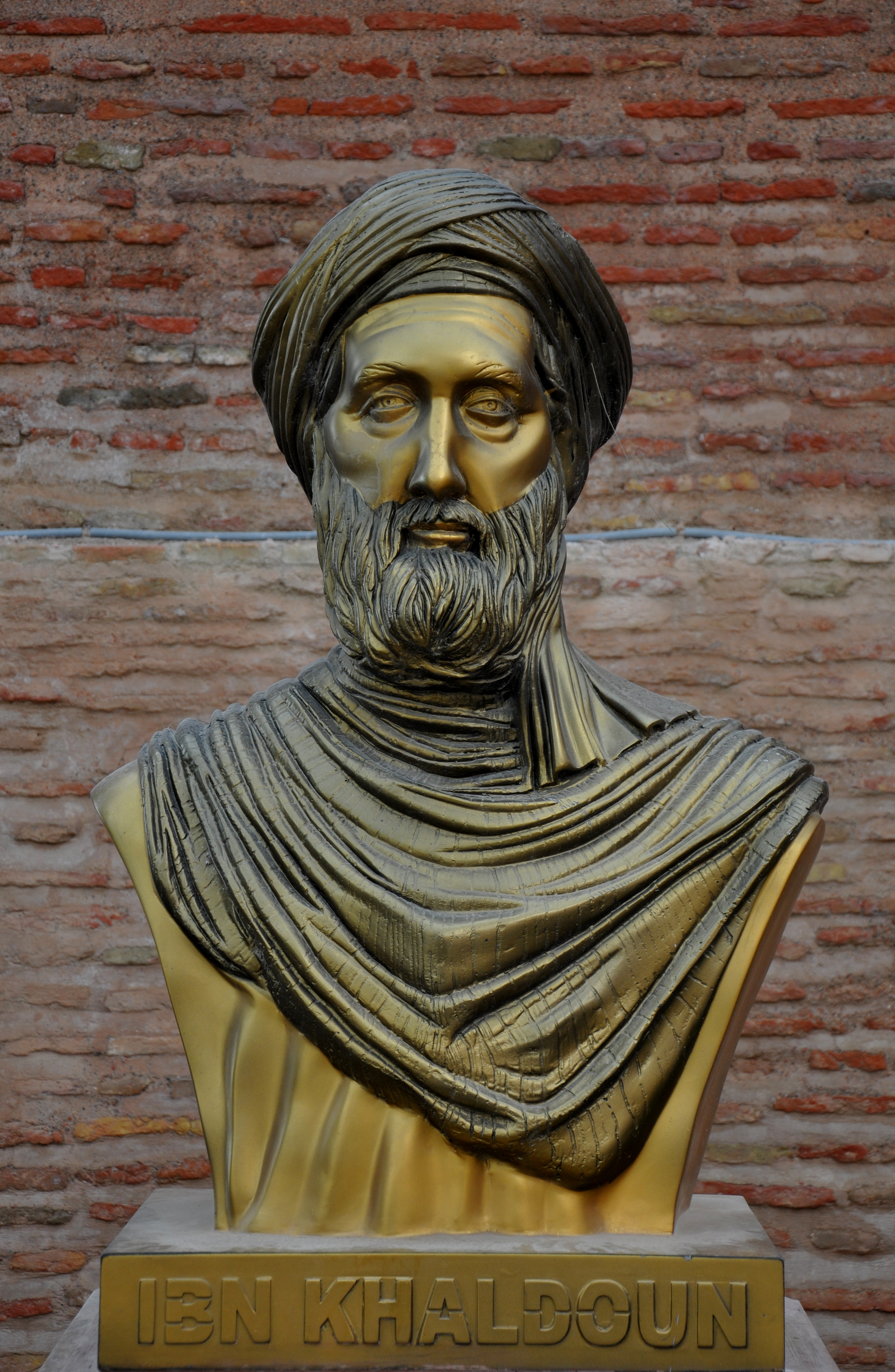in Spain
As quoted in Bernard Lewis, Race and Color in Islam, Harper and Row, 1970, quote on page 38. The brackets are displayed by Lewis.
Ibn Jaldún: Frases en inglés
Muqaddimah, Translated by Franz Rosenthal, p. 126, Princeton University Press, 1981.
Muqaddimah (1377)
Muqaddimah, Translated by Franz Rosenthal, pp.183-184, Princeton University Press, 1981.
Muqaddimah (1377)
Muqaddimah, Translated by Franz Rosenthal, p. 123, Princeton University Press, 1958.
Muqaddimah (1377)
As quoted in Muḥammad Ramaḍān al-Ramaḍānī, ' The Delusion of Portraying the Aḥadīth as Being Contradictory to the Intellect and Sense Perception https://www.academia.edu/41143364/The_Delusion_of_Portraying_the_A%E1%B8%A5ad%C4%ABth_as_Being_Contradictory_to_the_Intellect_and_Sense_Perception_by_Mu%E1%B8%A5ammad_Rama%E1%B8%8D%C4%81n_al-Rama%E1%B8%8D%C4%81n%C4%AB?fbclid=IwAR2ADVWT4gR0yhH0NVxpUj7ME1qU9nQu1QnCcy8zmrfb5rXkJlatb24aCrw'
Muqaddimah, Translated by Franz Rosenthal, p. 432, Princeton University Press, 1981.
Muqaddimah (1377)
Muqaddimah, Translated by Franz Rosenthal, vol. 1, pp. 429-430, Princeton University Press, 1981.
Muqaddimah (1377)
Michael W. Dols, The Black Death in the Middle East, Princeton University Press, 1977, p. 67.
Muqaddimah, Translated by Franz Rosenthal, p. 118, Princeton University Press, 1981.
Muqaddimah (1377)
Muqaddimah, Translated by Franz Rosenthal, p. 39 and p. 383, Princeton University Press, 1981.
Muqaddimah (1377)
